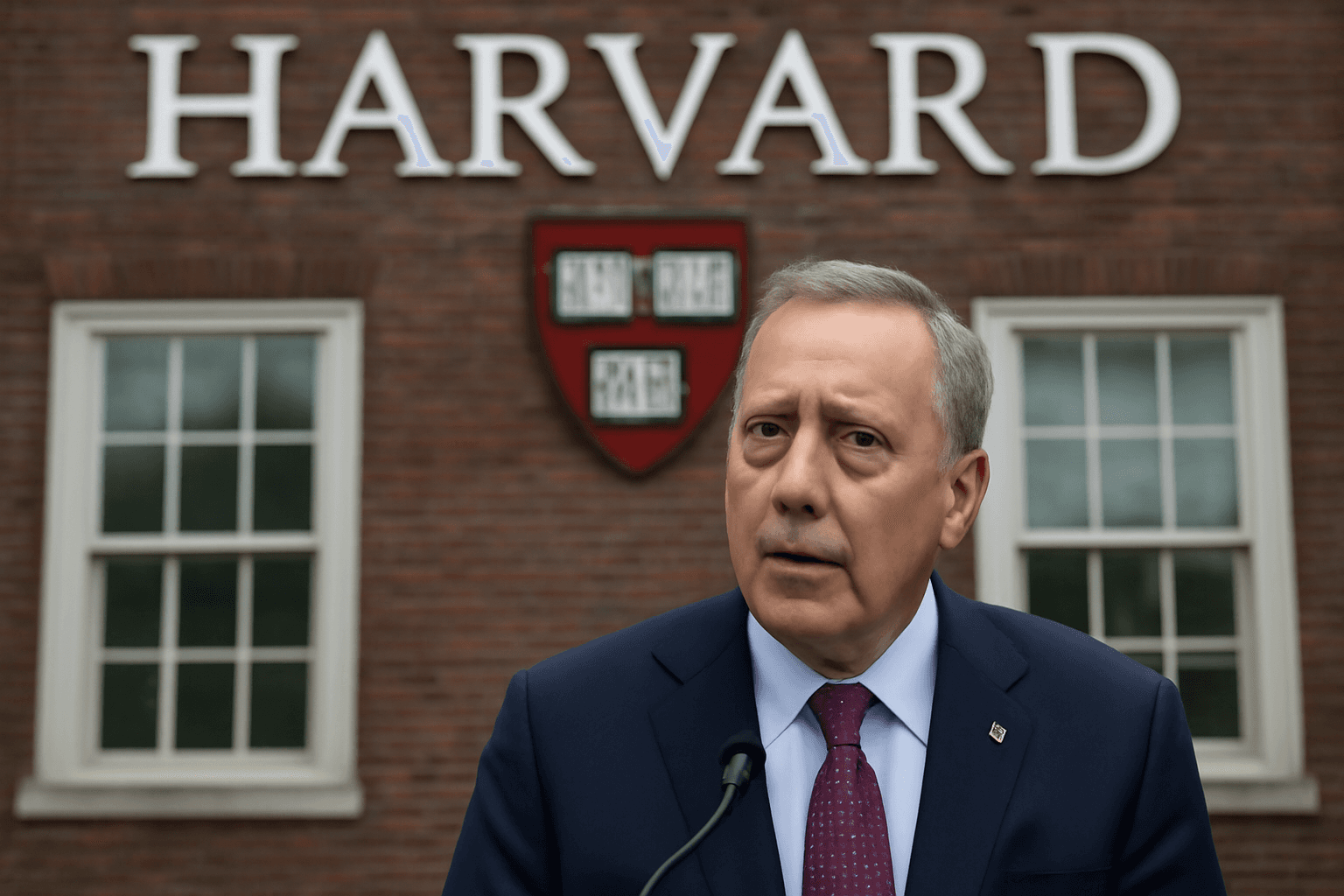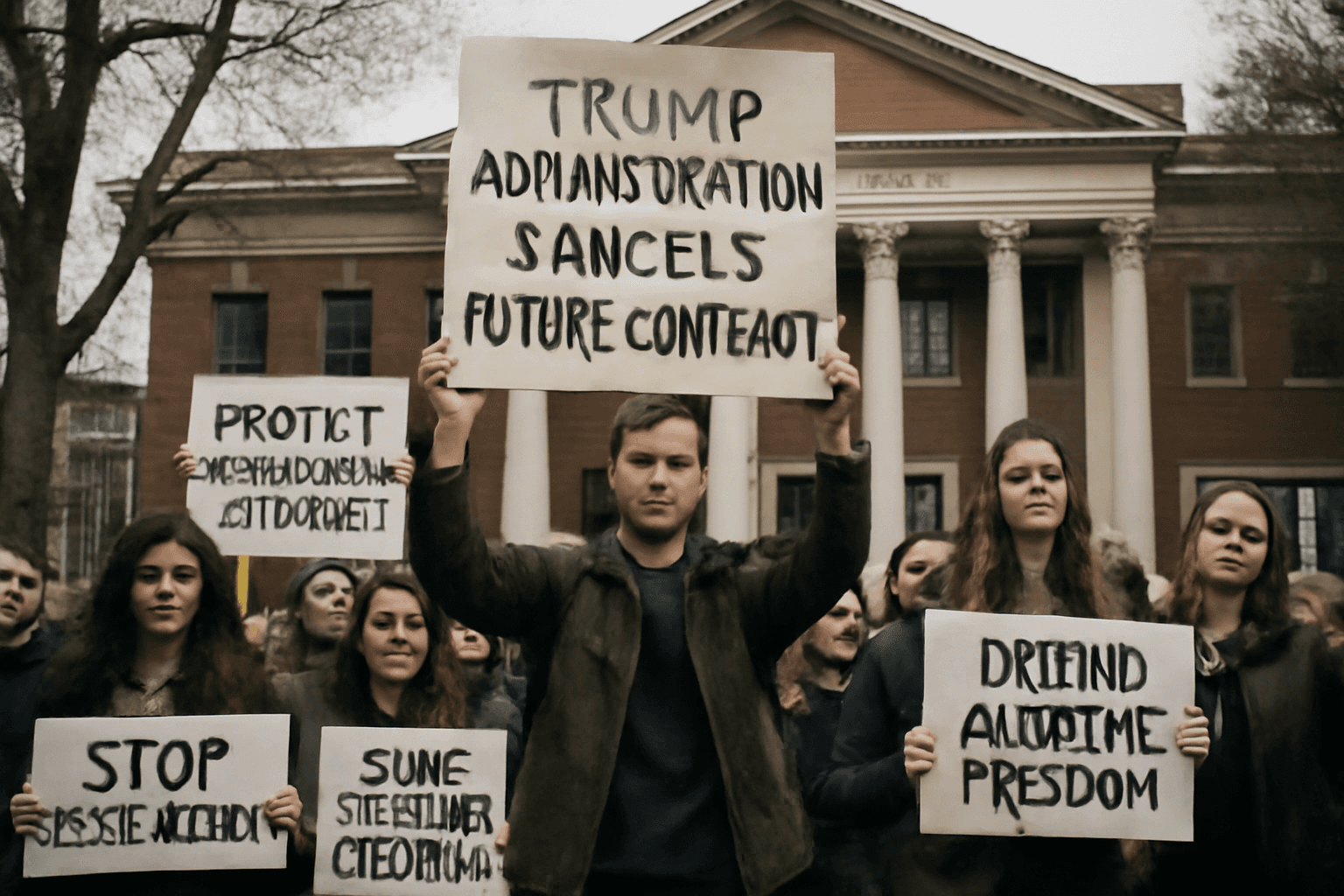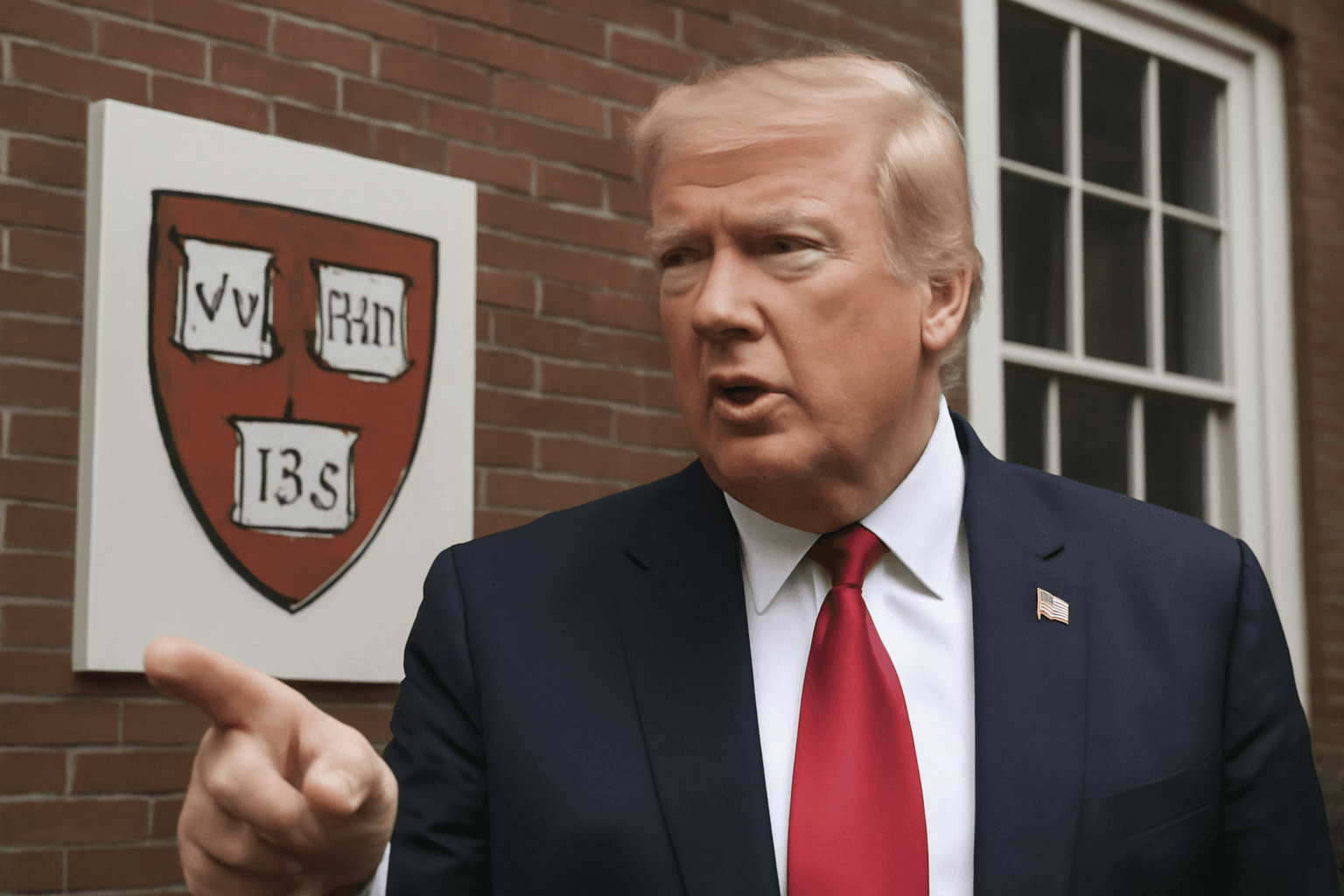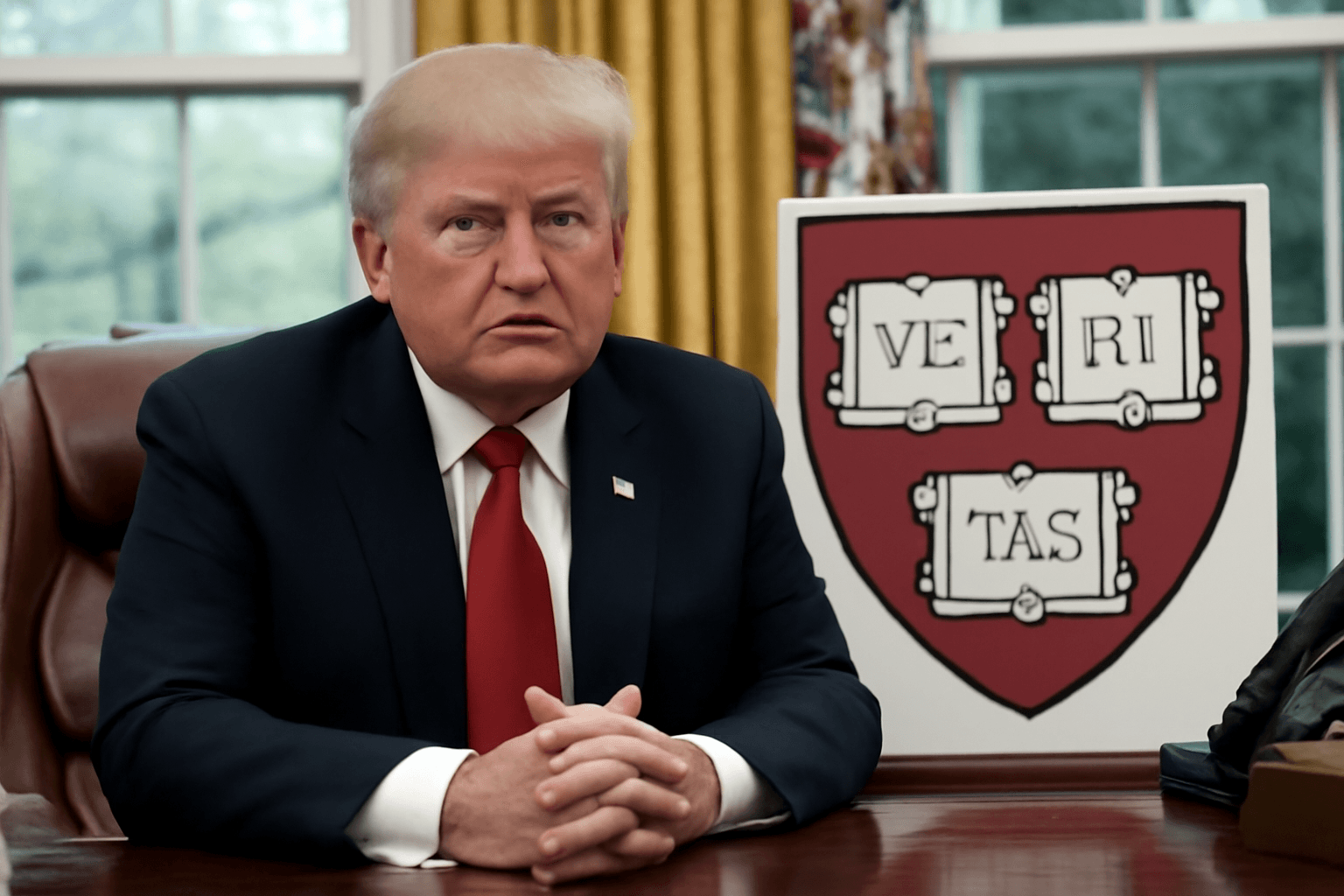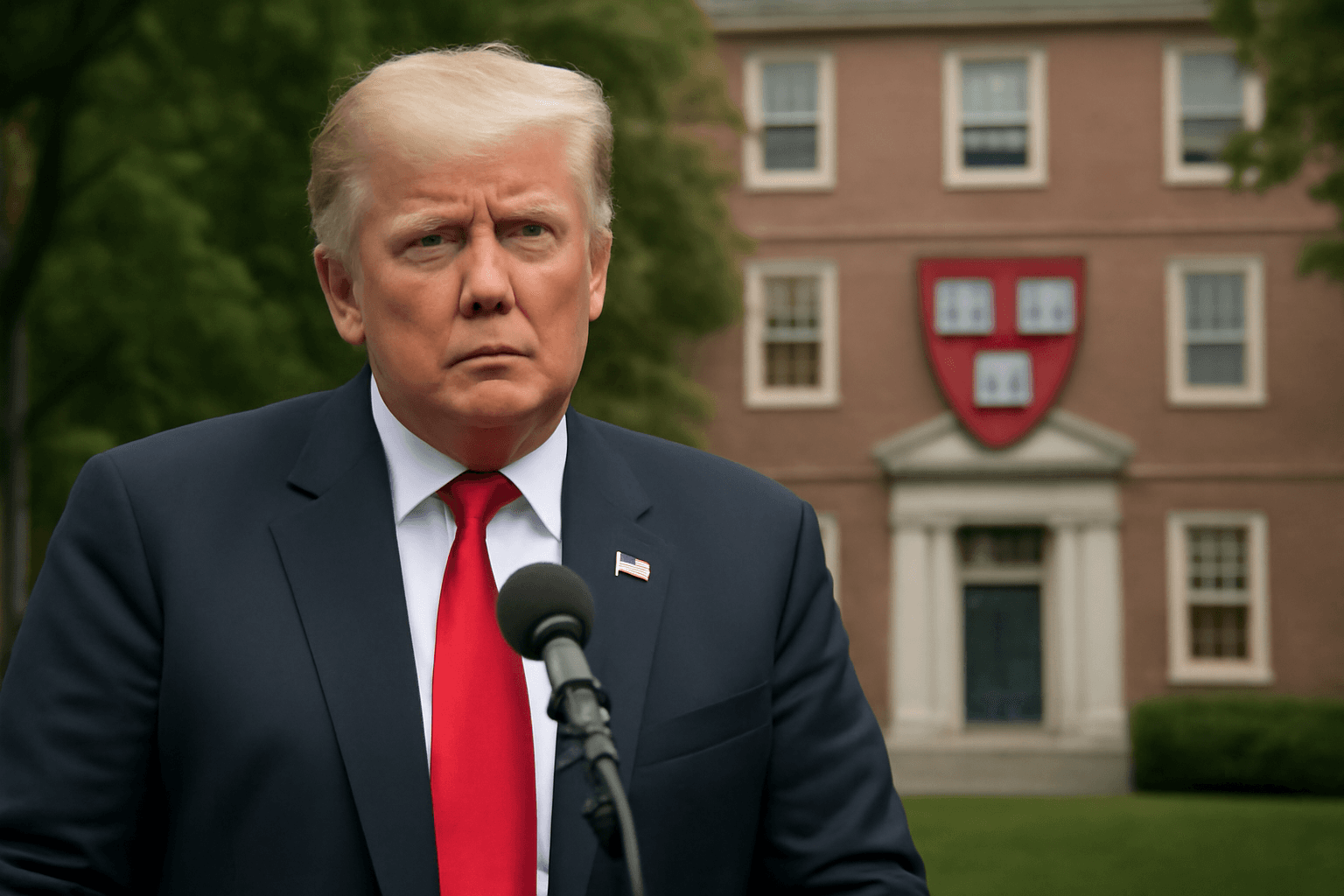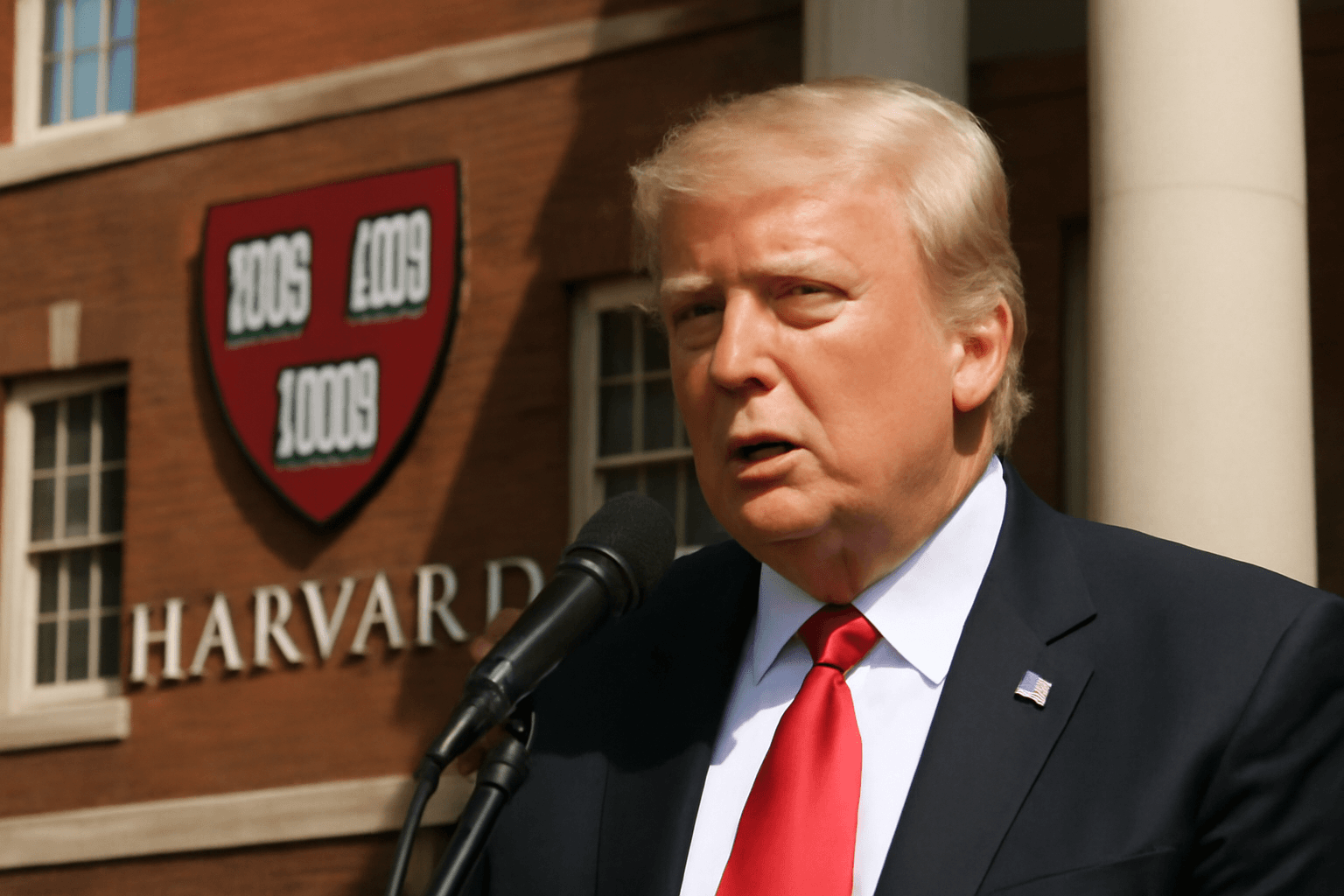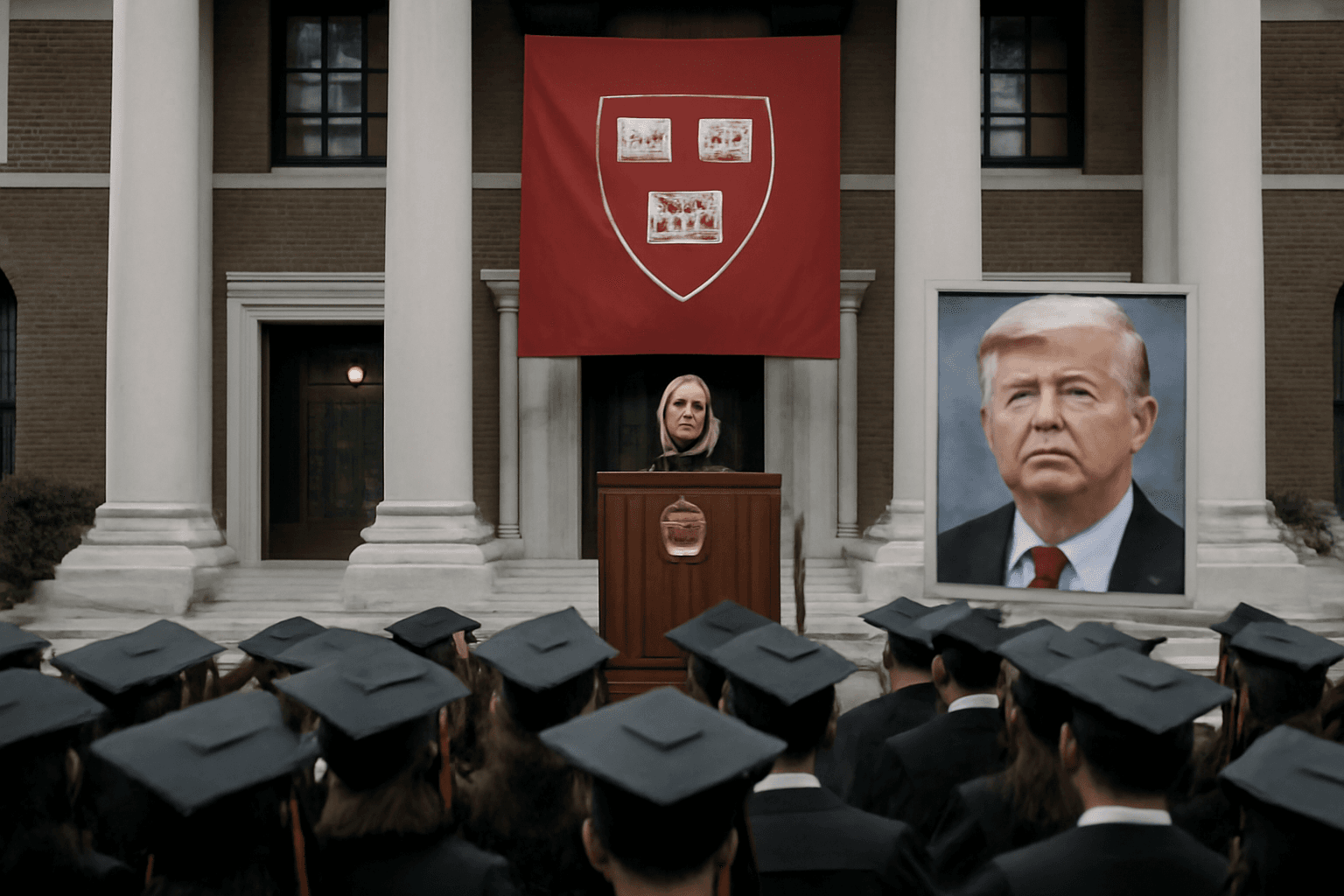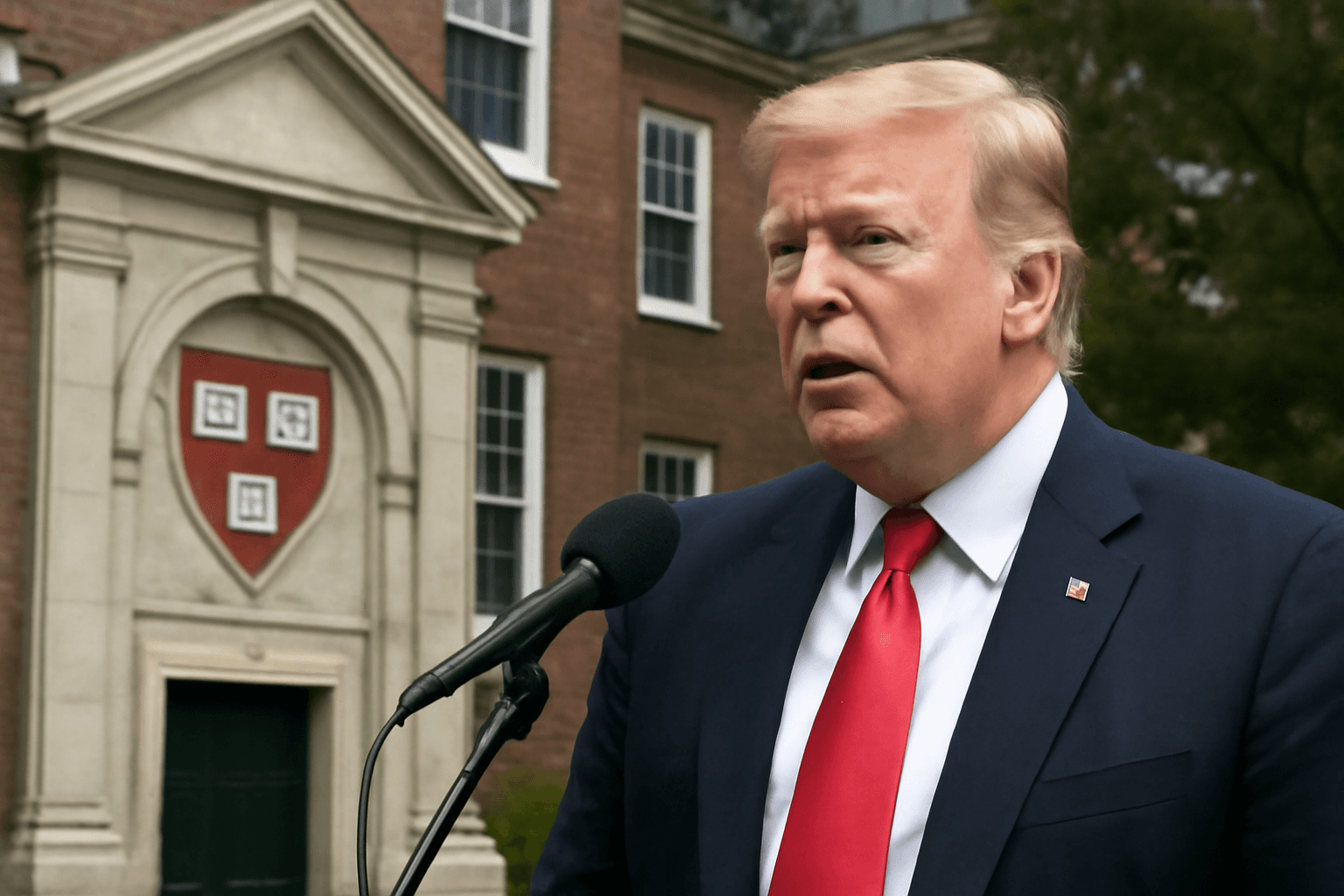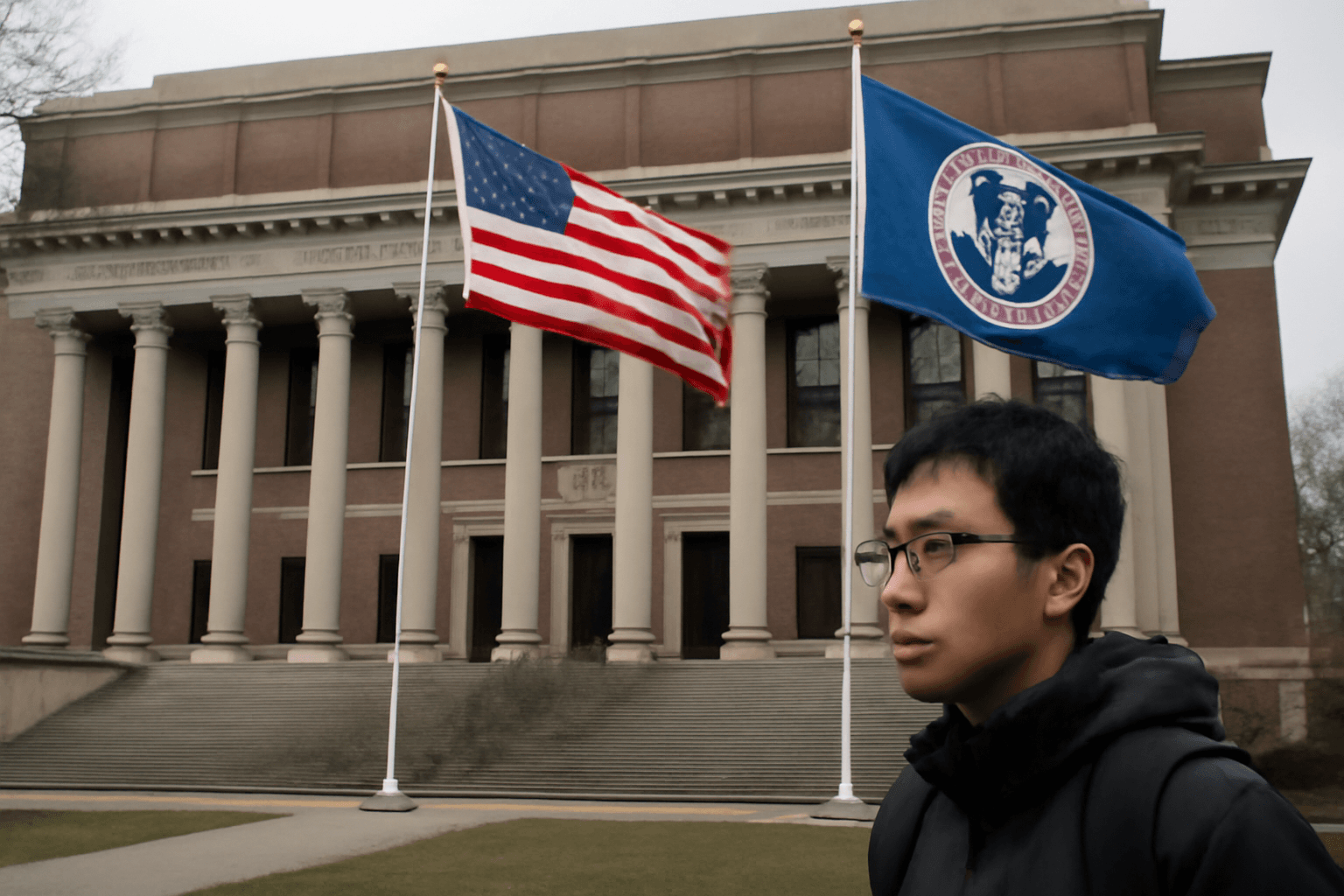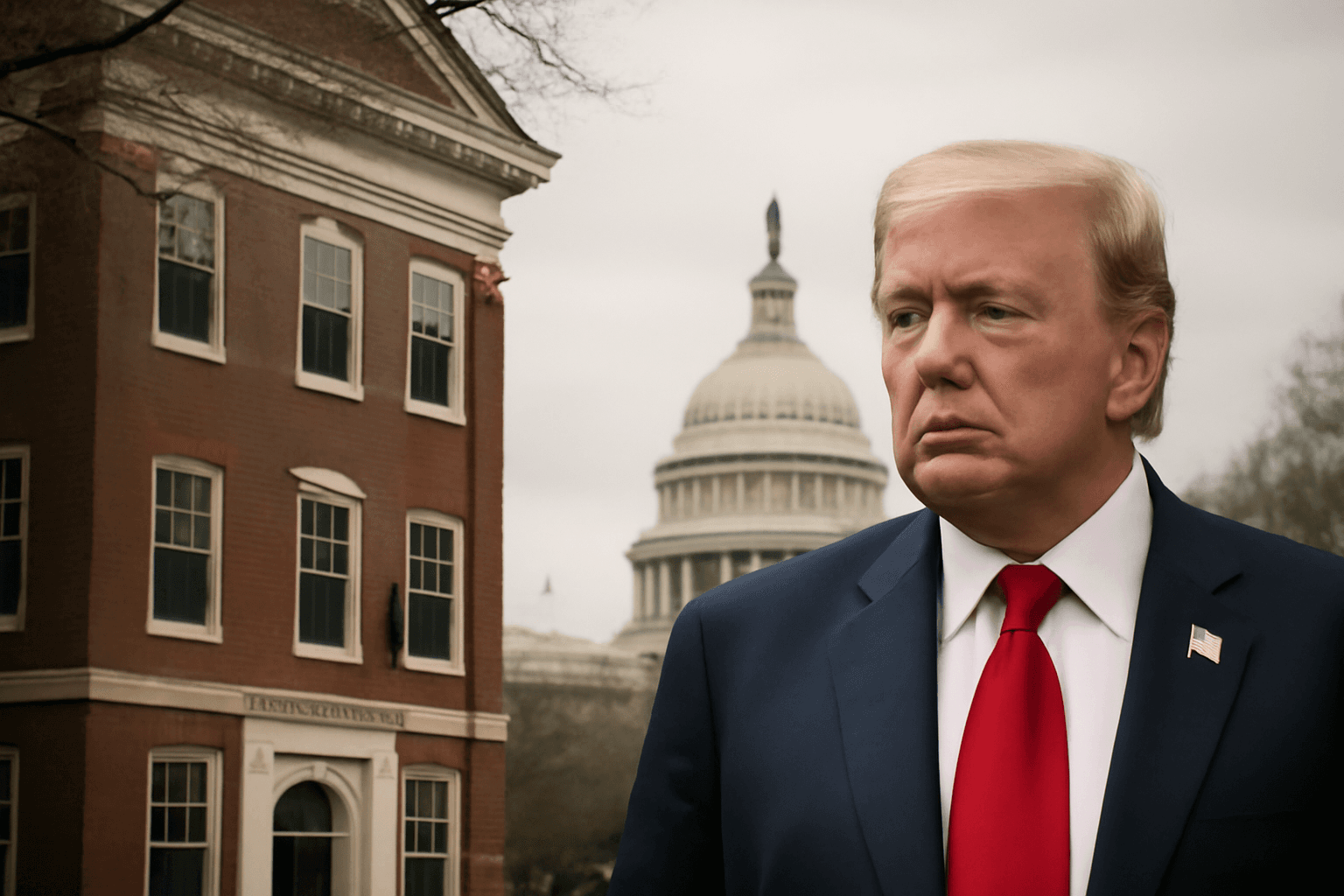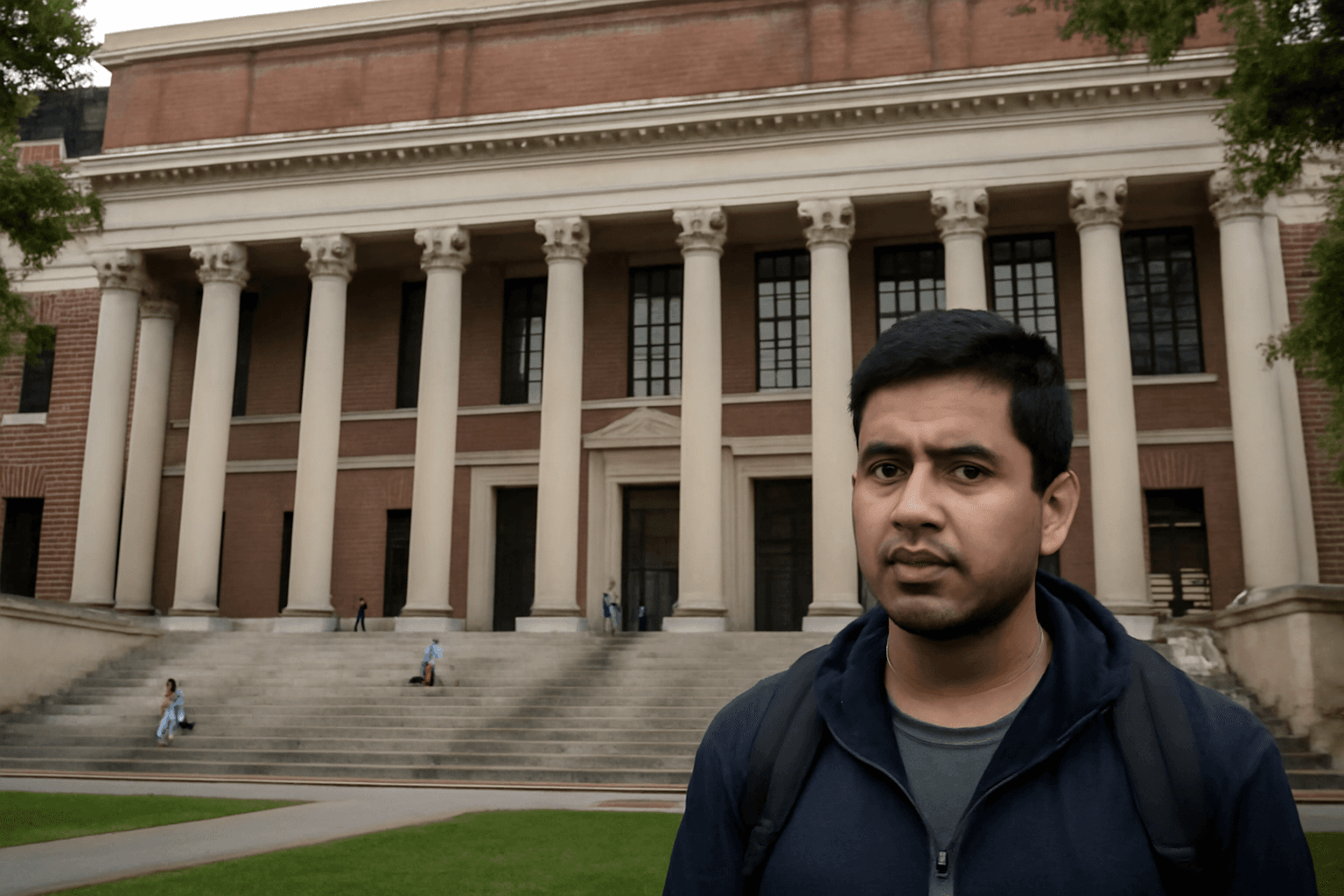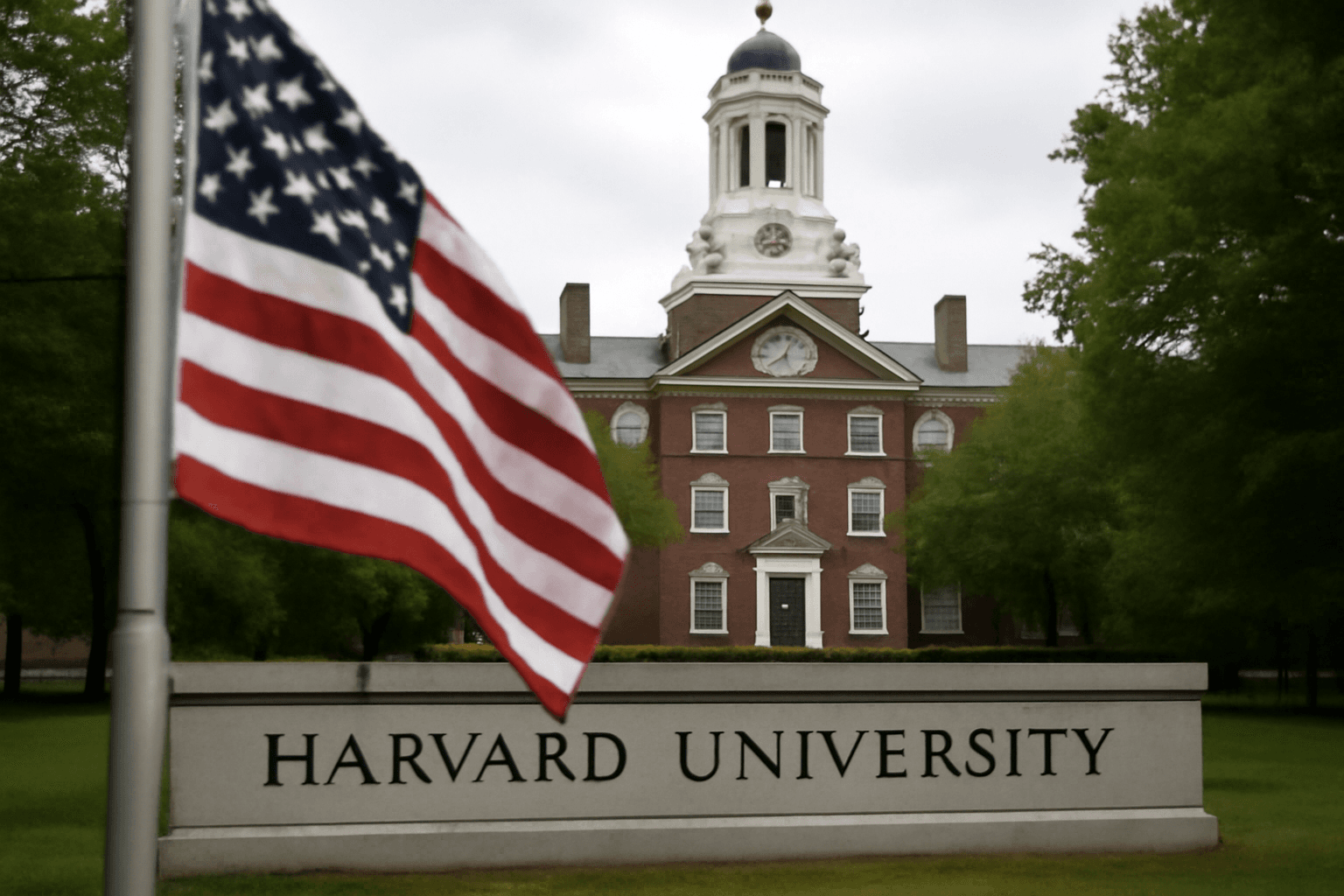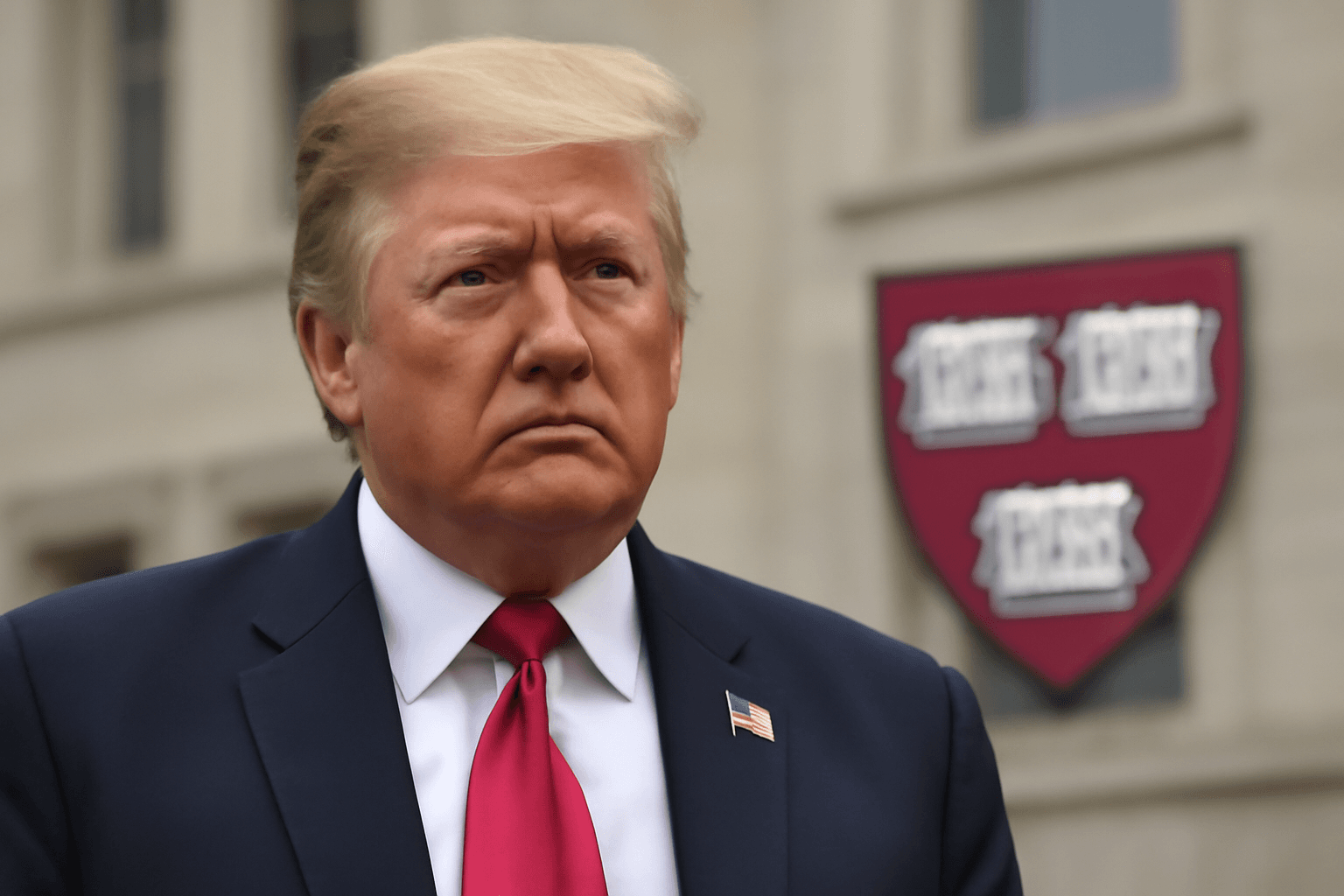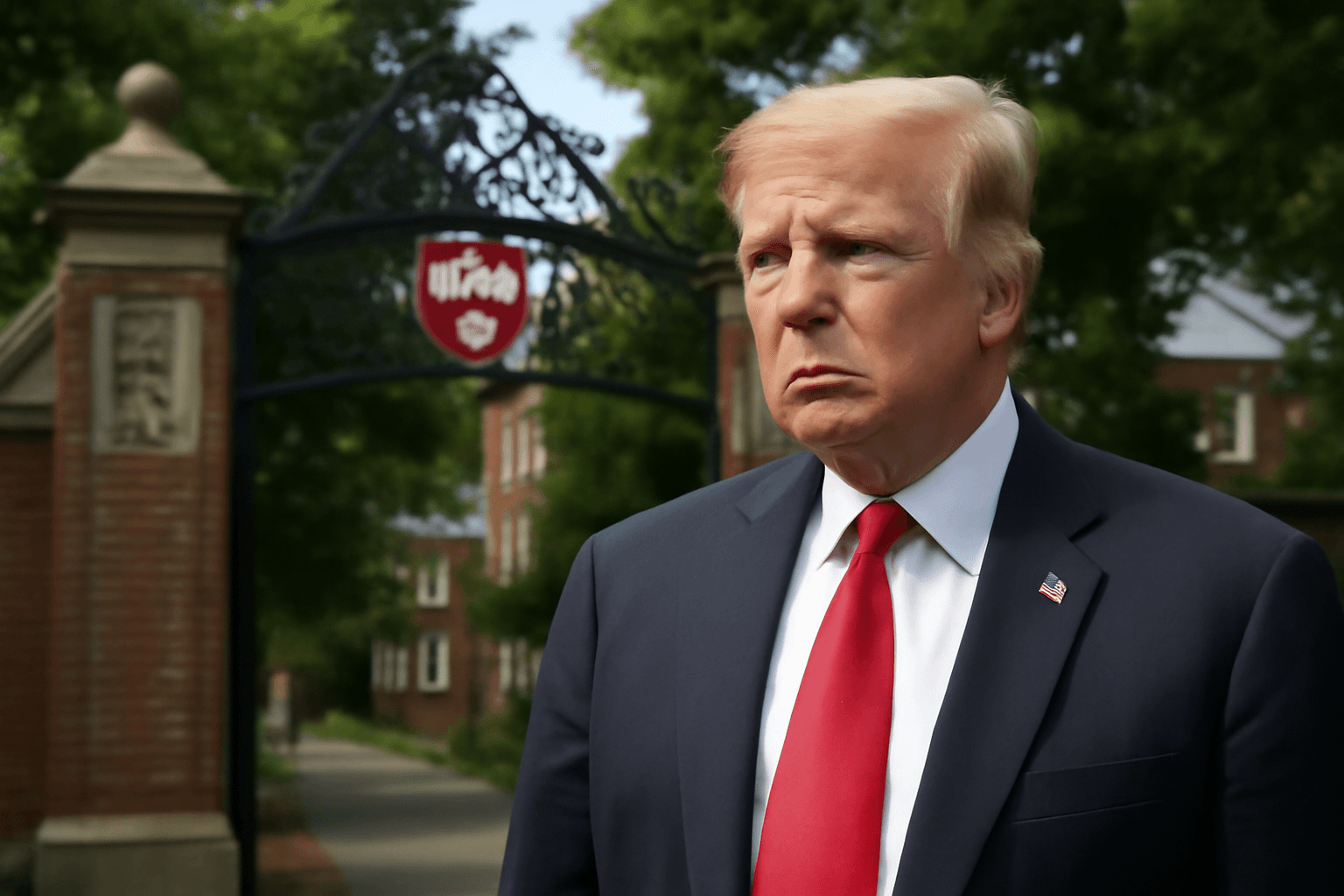Harvard University President Alan Garber acknowledged concerns regarding the scarcity of conservative perspectives and the prevailing climate restricting free expression on campus. These remarks come amid the Trump administration's decision to freeze billions in federal funding to the Ivy League institution over allegations of anti-Semitism and viewpoint discrimination.
In an interview with NPR, Garber addressed these allegations directly, stating, "The federal government indicates a need to address anti-Semitism specifically, but it has also raised issues including claims of insufficient viewpoint diversity." He emphasized the importance of fostering an environment where students and faculty feel comfortable expressing dissenting or unpopular opinions, especially at a research university.
Garber highlighted the problem of a perceived lack of conservative voices on campus, acknowledging that some individuals feel their views are unwelcome. "Insofar as conservatives are too few and their perspectives are not welcomed, that is a problem we must confront," he said.
The Harvard president described ongoing criticisms from the Trump administration as "perplexing," particularly in light of recent moves to redirect approximately $3 billion in federal grants away from Harvard. President Trump proposed reallocating these funds toward trade schools, labeling Harvard "very anti-Semitic." Following this, the White House indicated intentions to cancel all remaining federal contracts with the university.
Currently, about $3.2 billion in grants and contracts have been withheld, with the administration accusing Harvard of neglecting anti-Semitism issues and allegedly practicing race-based discrimination in admissions and hiring.
Garber strongly opposed the funding freeze, noting its broader negative impact beyond Harvard. "Cutting research funding not only harms Harvard but also impedes national research initiatives," he explained. He added, "This funding is allocated for federally prioritized research. Interrupting that work disadvantages the country and punishes Harvard without clear justification linking the funding cuts to anti-Semitism concerns."
This ongoing dispute underscores deep tensions between federal authorities and higher education institutions regarding campus climate and federal funding conditions.

